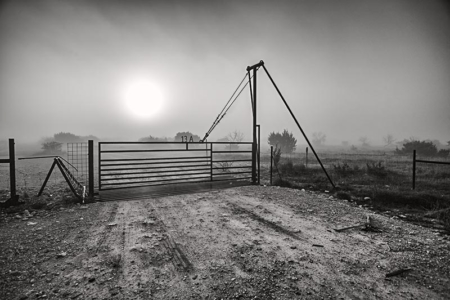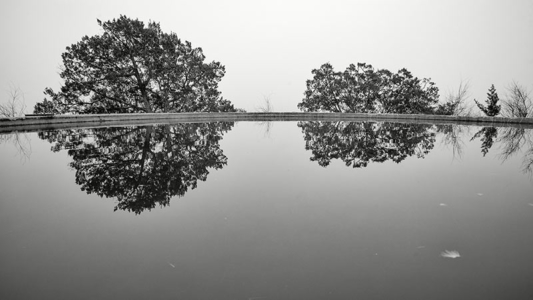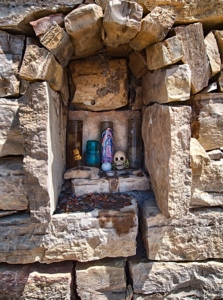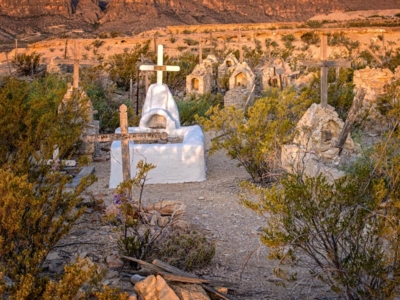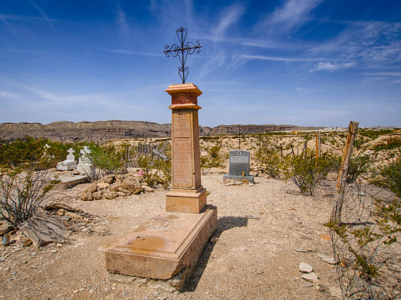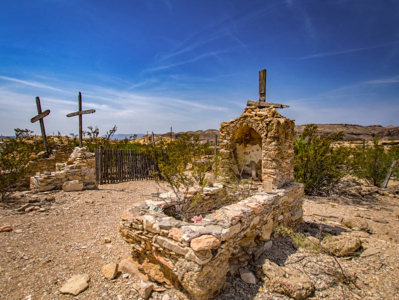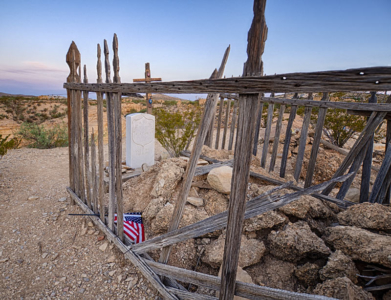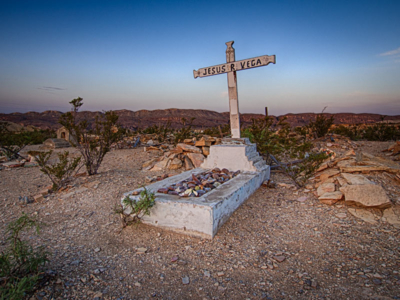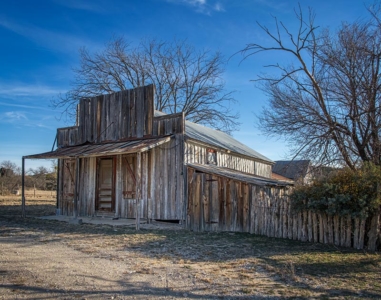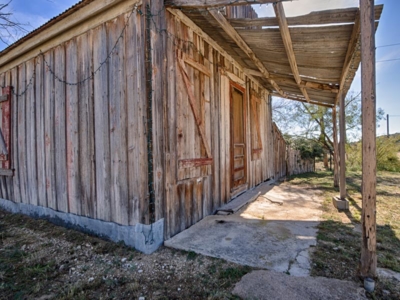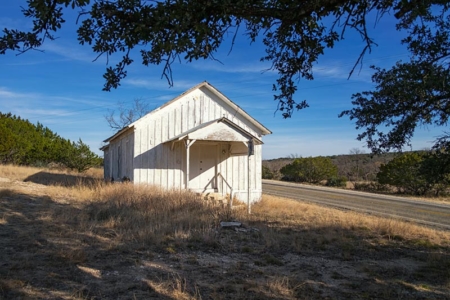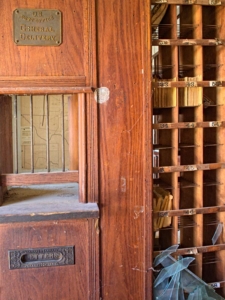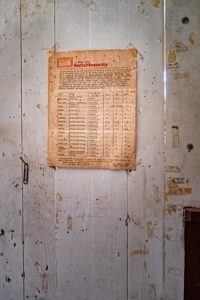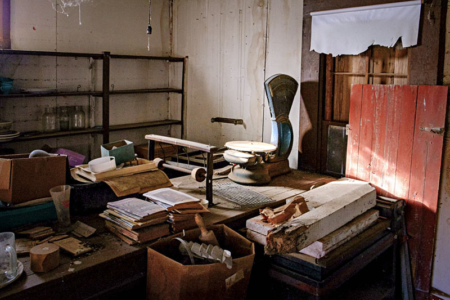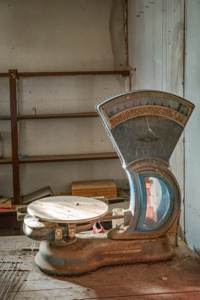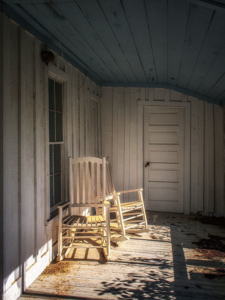There are many opinions about crude oil and gas extraction that involve the future of the planet. Here concerns are rather less grand but more important in the moment. There is a stereotype of brash oil millionaires in urban folklore. The reality in the oilfield is of people working long hours for regular pay. The mineral wealth of Texas has allowed generations of families to prosper here.
Before petroleum there were ranchers on the plateau. The land is not fit for farming but cattle do well as long as there is water to drink. A cycle of drought stretching back into the nineteen fifties or further to the dust bowl has depopulated the land. Still some cattle ranchers hang on. Others have turned to sport hunting of exotic non-native species to make ends meet. You see a curious mixture of ranchers in old pickup trucks and modern SUVs full of well heeled hunting guests on the back roads.

